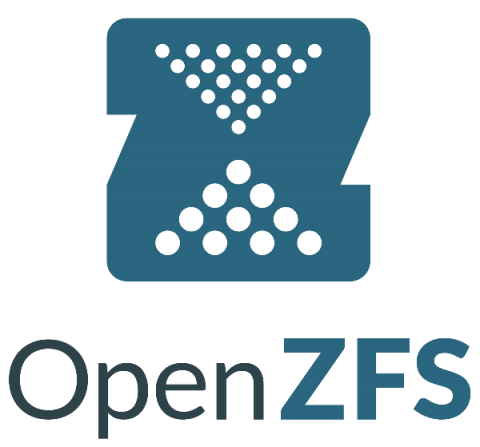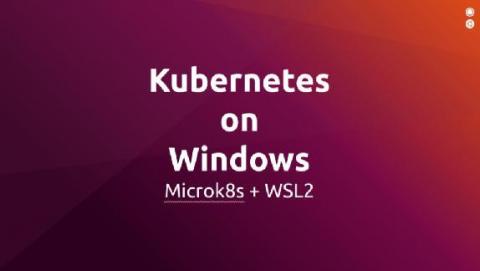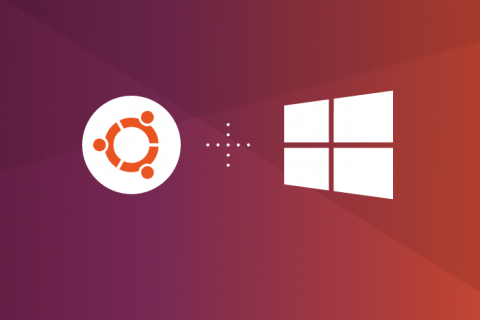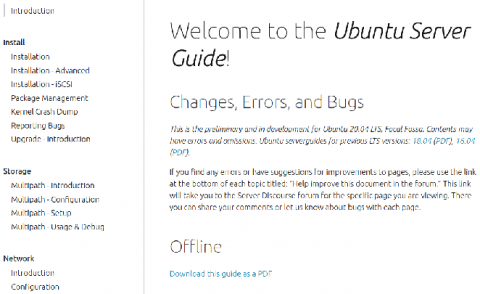ZFS focus on Ubuntu 20.04 LTS: what's new?
Ubuntu has supported ZFS as an option for some time. In 19.10, we introduced experimental support on the desktop. As explained, having a ZFS on root option on our desktop was only a first step in what we want to achieve by adopting this combined file system and logical volume manager. I strongly suggest you read the 2 blog posts, linked above, as introductions to this blog series we are starting. Here we cover what’s new compared to 19.10 in term of installation and general features.










